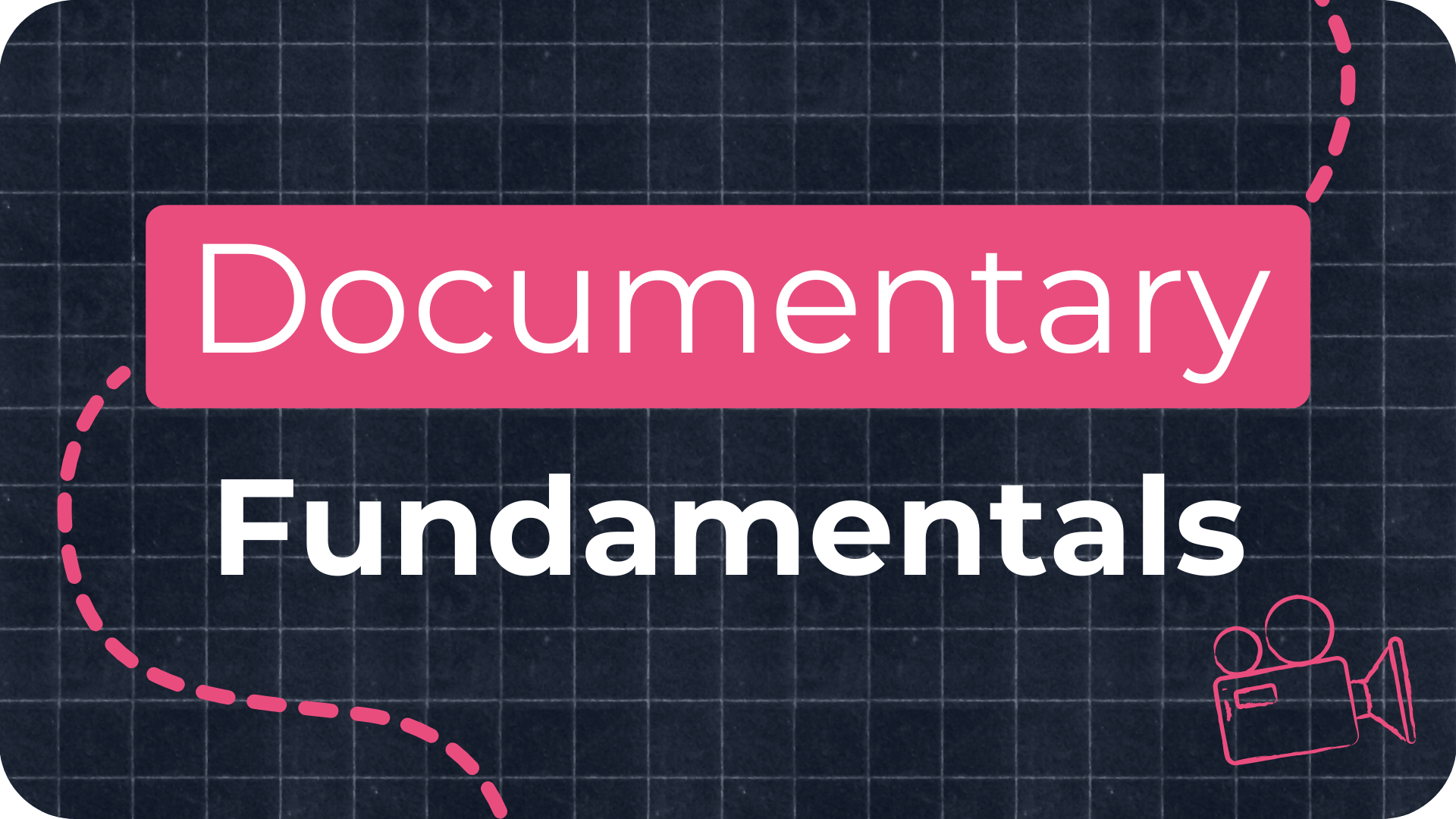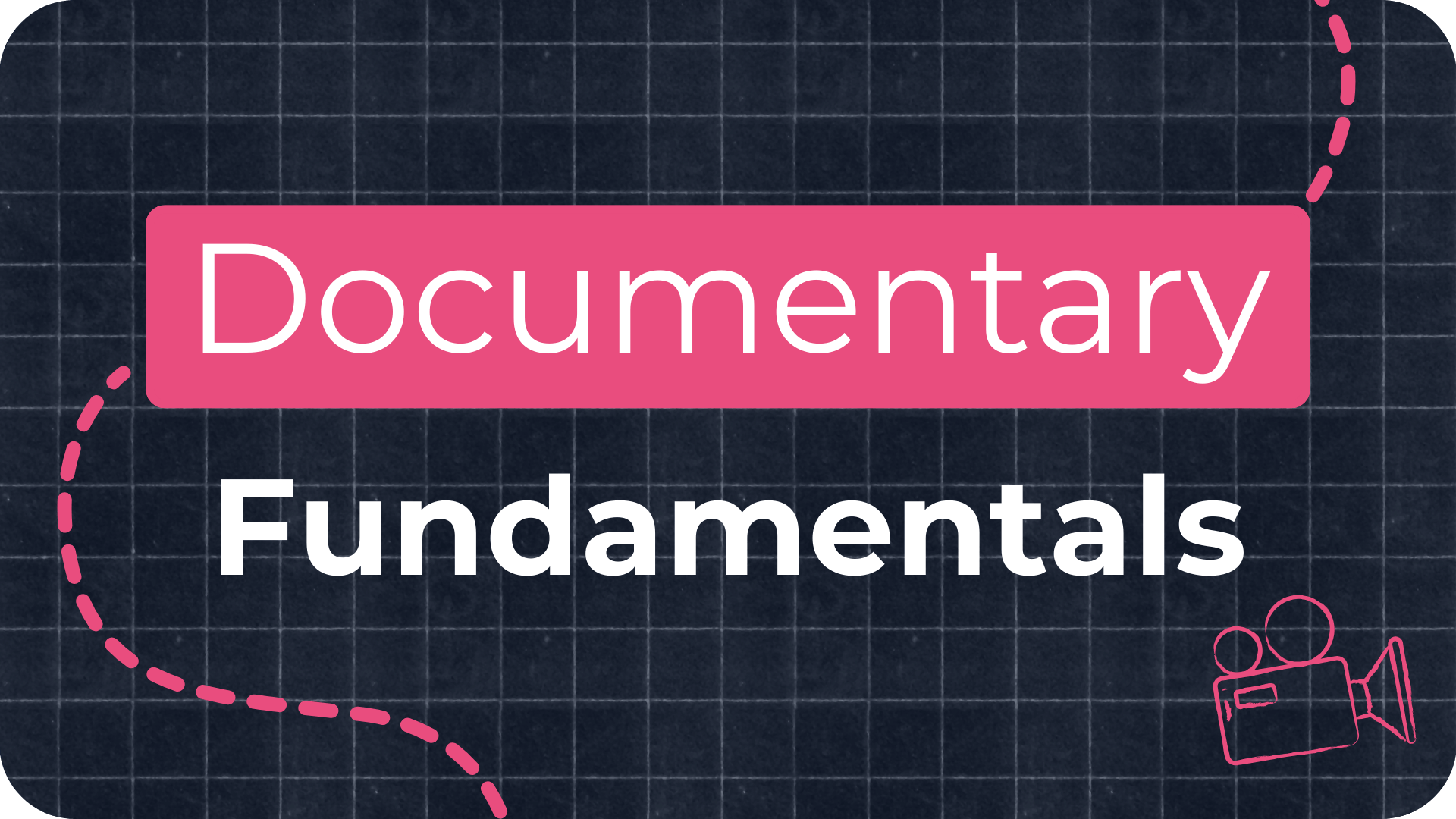How to Make Money as a Documentary Filmmaker: Tips to Build a Full-Time Career

In this blog, I’m going to run through the business tips you need to turn your passion for filmmaking into a thriving career. Whether you’re just starting or you’ve got a few films under your belt, these tips will help you go from amateur to pro. Is it possible to make a full-time living as a documentary filmmaker? Absolutely, and I’ll show you how.
Can You Make a Living as a Documentary Filmmaker?
Do documentary filmmakers make money? Yes, but it’s important to understand that financial success in this field varies. Some filmmakers earn substantial incomes, while others find it challenging to make a sustainable living. Filmmakers can generate income through freelance projects, distribution deals, grants, and more. This blog will focus on how beginner documentary filmmakers can get hired and start earning. I also run through these tips in the video below:
How To Get Hired As a Freelance Filmmaker
Why should a brand or business hire you as a documentary filmmaker?
Clients hire you because:
- You provide a great service: you’re reliable, and you deliver (or over-deliver) on your commitments.
- You create high-quality content that helps clients sell their products or services.
To make a living as a filmmaker, you need to diversify your income streams by offering services in different industries: commercials, corporate films, weddings, and more. As you gain experience, you can niche down. This strategy helps beginner documentary filmmakers land consistent work, which is essential for making a living.
How To Make Money As a Beginner Filmmaker
1. Master Your Skills In Documentary Filmmaking
Can you make a living as a documentary filmmaker? Yes, but you need to master your craft first. Practice by filming events or people in your community. Watch documentaries to understand storytelling techniques that engage audiences. What separates you from the competition is not just the camera you use but your filmmaking skills. Sign up for my free filmmaking training where I share 10 secrets to creating cinematic documentaries.
2. Create Your Own Documentary Films
The most important step to making money as a documentary filmmaker is to create a portfolio that showcases the kind of films you want to get paid to make. Personal projects are a great way to demonstrate your style to potential clients. For example, if you want to get hired to film weddings, offer to film a few for free to build your portfolio. This is how you prove your value to clients.
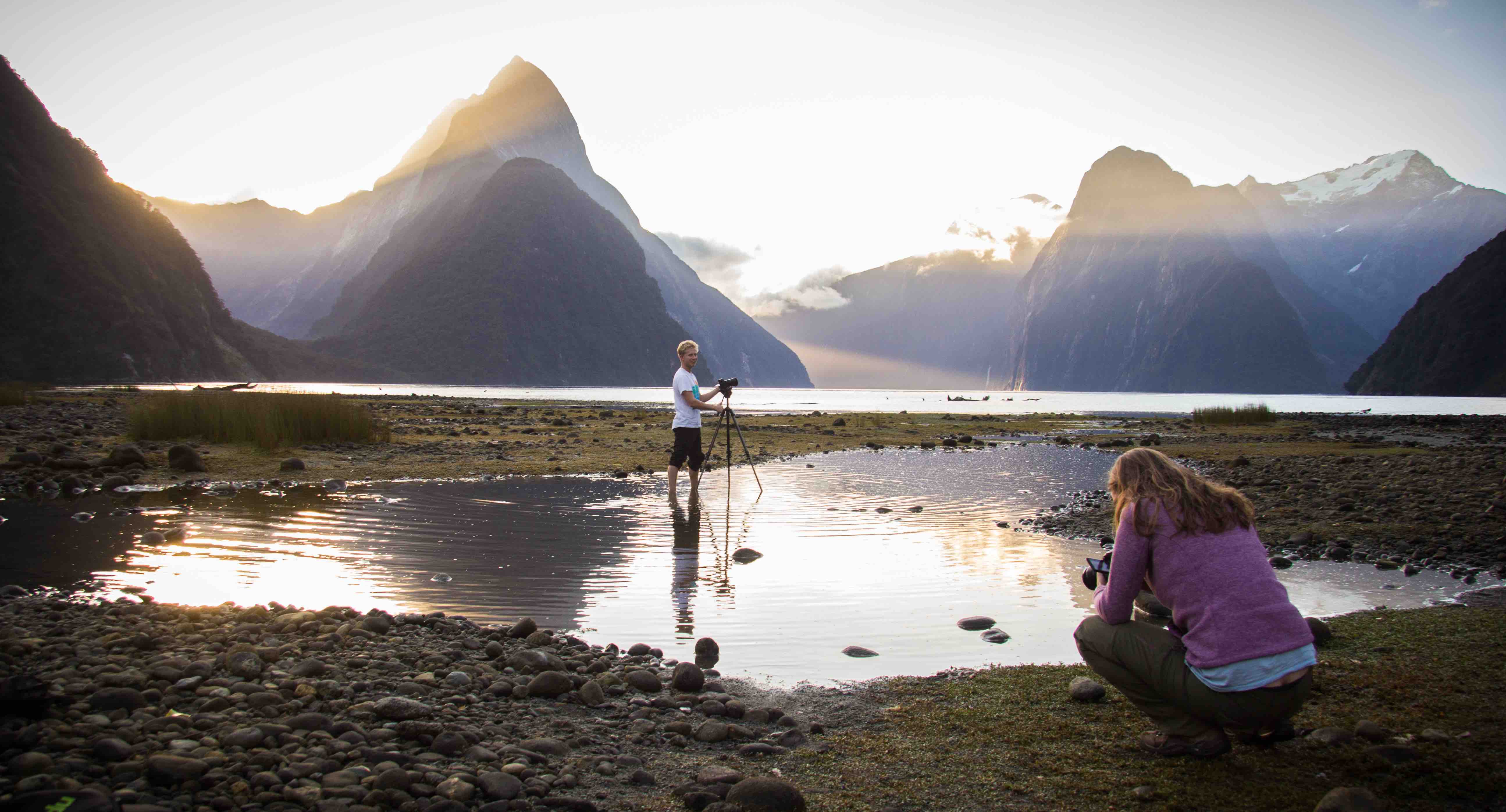
3. Build Your Online Documentary Portfolio
Use platforms like Squarespace or Vimeo to showcase your best work. Tailor your portfolio for different industries: if you're applying to film a wedding, send examples of wedding videos, not unrelated content. This focused approach increases your chances of getting hired.
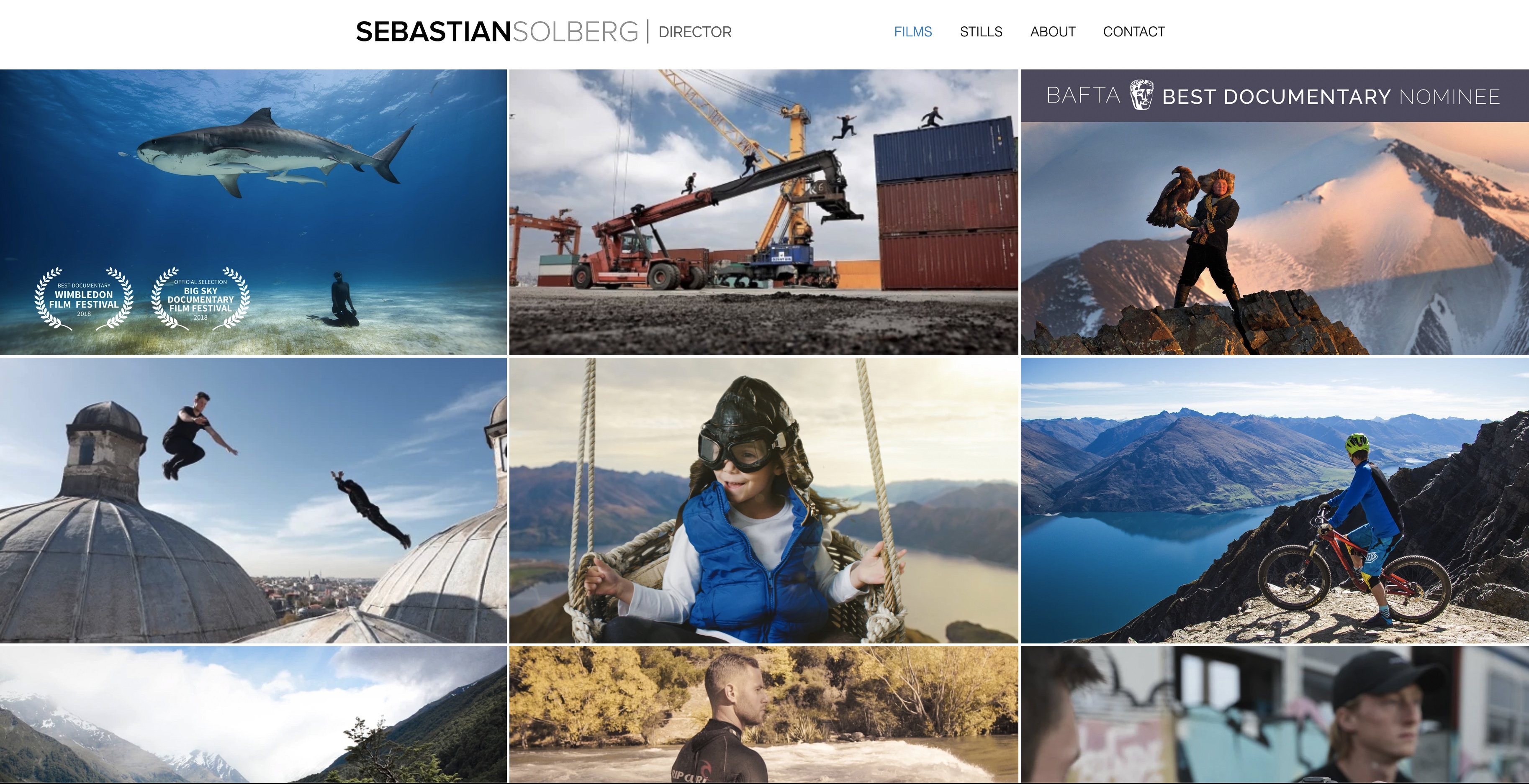
4. Market Yourself As a Filmmaker
Once you have the skills and portfolio, you need to market yourself. A key mistake filmmakers make is asking to be hired without first adding value. Provide free value upfront, such as offering a short film or marketing advice, to show what you can do. Successful filmmakers know that the secret to landing clients is to offer value before asking for anything in return.
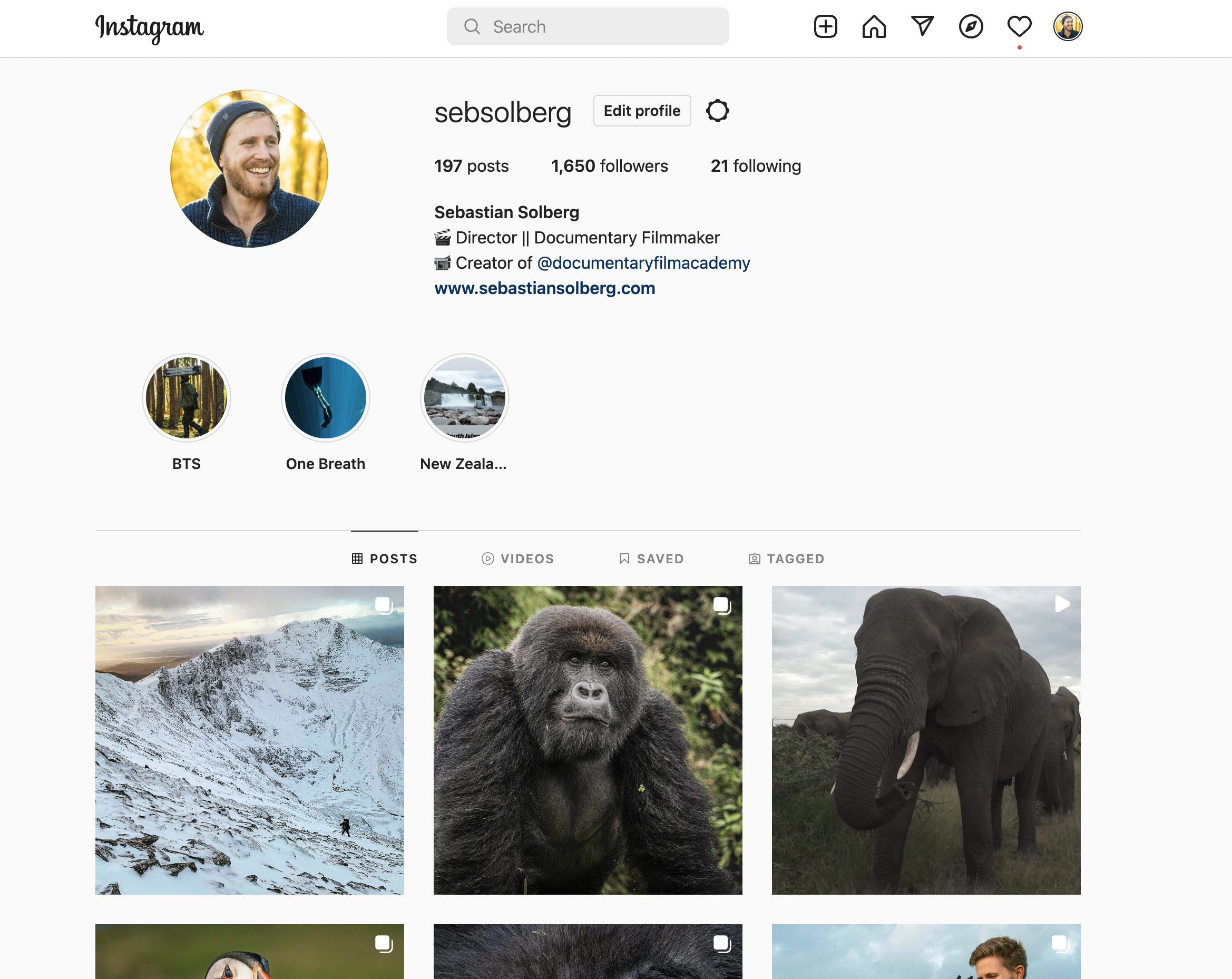
5. Team Up With Filmmakers Who Already Have Clients
If you're wondering, is filmmaking a realistic career?—yes, but you need to be smart about finding work. One shortcut is teaming up with more established filmmakers or agencies who already have clients. You may earn less per job, but it saves you time and helps build connections.
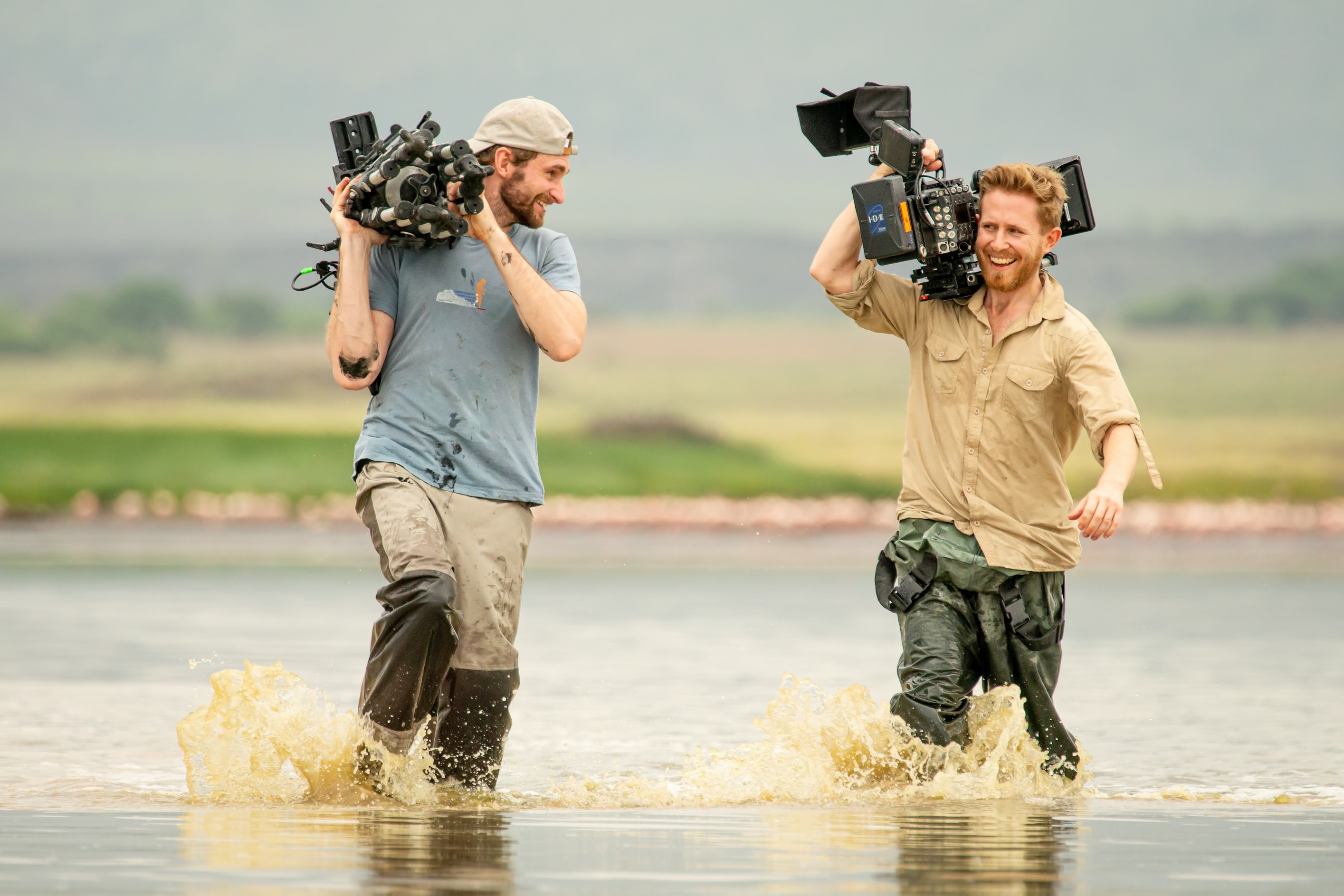
6. Nurture Your Filmmaking Contacts
Most of my jobs come through word of mouth. Maintaining relationships with past clients is key to this. Regularly checking in, sharing useful resources, or helping out without expectation keeps you top-of-mind for future opportunities. For example, I landed a job on the Oscar-nominated film The Eagle Huntress by nurturing my relationship with the producer over time.
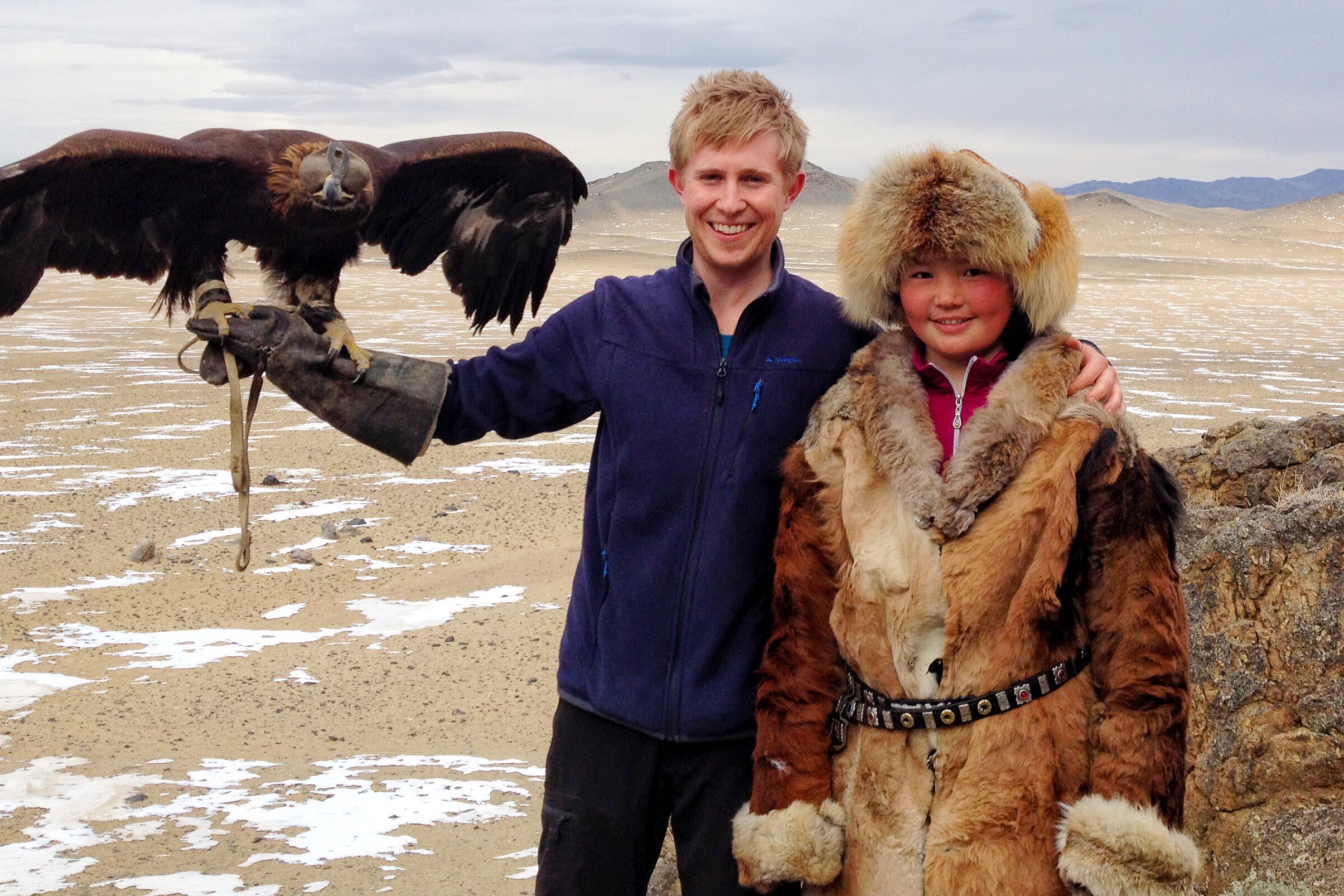
FAQ
1. Do documentary filmmakers make money?
Yes, documentary filmmakers can make money through various streams such as freelance projects, grants, distribution deals, and streaming revenue. Success comes from building a diverse portfolio and effectively marketing yourself.
2. Can you make a living making documentaries?
Absolutely. While it can be challenging, many filmmakers make a full-time living by diversifying their work and developing strong client relationships.
3. Is documentary filmmaking a good career?
Yes, if you’re passionate about storytelling and willing to navigate the business side of the industry, documentary filmmaking can be a rewarding and financially viable career.
4. How do people make money with documentaries?
Filmmakers can earn through direct client work, licensing deals, grants, crowdfunding, and revenue from streaming platforms.
5. Where do I start as a beginner documentary filmmaker?
Start by practicing your skills, creating a portfolio, and networking with industry professionals. Building relationships and marketing yourself are key to getting your first paid projects.




